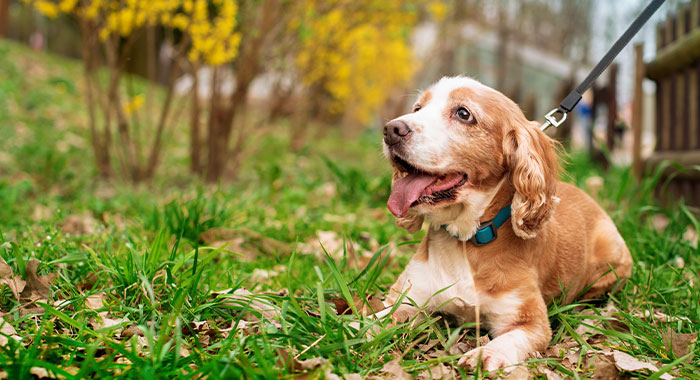As our beloved dogs enter their senior years, it becomes increasingly important to provide them with specialized care to maintain their health and wellbeing. Senior care for dogs focuses on detecting age-related health issues before they become more serious, allowing for prompt intervention and treatment. Regular wellness exams and tailored veterinary care for senior pets can help manage common health issues such as arthritis, cancer, kidney or liver disease, and other age-related conditions.
Senior dogs require more frequent veterinary visits to monitor their overall health. Biannual wellness visits are recommended to ensure early detection and treatment of common health problems. During these visits, your veterinarian will evaluate your dog’s weight, discuss their nutritional needs, administer necessary vaccine boosters, and provide parasite control. By prioritizing senior care for your dog, you can help ensure they maintain a good quality of life in their golden years.
As our beloved dogs enter their senior years, it becomes increasingly important to provide them with specialized care to maintain their health and wellbeing. Senior care for dogs focuses on detecting age-related health issues before they become more serious, allowing for prompt intervention and treatment. Regular wellness exams and tailored veterinary care for senior pets can help manage common health issues such as arthritis, cancer, kidney or liver disease, and other age-related conditions.
Senior dogs require more frequent veterinary visits to monitor their overall health. Biannual wellness visits are recommended to ensure early detection and treatment of common health problems. During these visits, your veterinarian will evaluate your dog’s weight, discuss their nutritional needs, administer necessary vaccine boosters, and provide parasite control. By prioritizing senior care for your dog, you can help ensure they maintain a good quality of life in their golden years.


